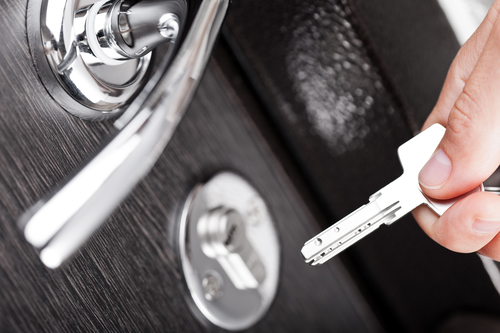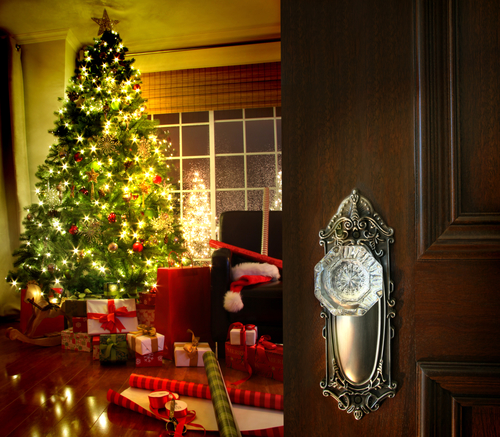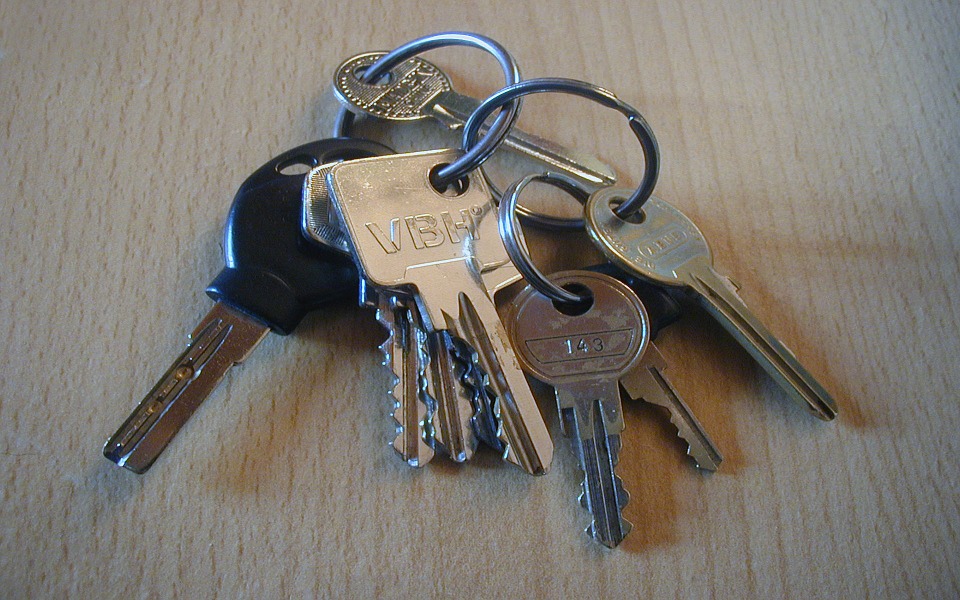 Knowing whether or not you’re in the clear to make a copy of a “do not duplicate” key feels a lot like deciding if it’s truly illegal to take the tags off your mattress. Is it purely a suggestion? Could I really get into trouble for this? As it pertains to keys, the answer is that it depends.
Knowing whether or not you’re in the clear to make a copy of a “do not duplicate” key feels a lot like deciding if it’s truly illegal to take the tags off your mattress. Is it purely a suggestion? Could I really get into trouble for this? As it pertains to keys, the answer is that it depends.
We say that it depends because there are two types of do not duplicate keys and one is much easier to get away with copying than the other. In fact, one is actually perfectly okay to duplicate. It also depends on the locksmith and how comfortable they are with accepting the request.
Restricted Keys
Restricted keys are the variety that you should obtain permission to duplicate. That’s because restricted keys generally have patents or other qualities that require only approved manufacturers to produce. One of the many benefits of high security keys like restricted keys, is that they’re hard to duplicate!
Not only that, but the original key maker likely has specialty equipment needed to cut this type of key and only the approved manufacturers will have the required hardware on site. A person or business may choose to use a restricted key to control the number cut and to increase security.
Unrestricted Keys
An unrestricted key is no different than any standard key. They do not required specialty equipment and legally can be copied by anyone at any time. In this scenario, the only thing standing in someone’s way of duplicating this type of key is the locksmith and their policies.
How to Duplicate a “Do Not Duplicate” Key
If you find yourself needing to make a copy of a “do not duplicate” key that is restricted, your locksmith will likely ask that you provide proper documentation allowing you to do so. It may even be necessary to contact the original locksmith seeing as how they’ll need special instructions and likely equipment from the manufacturer to complete the service.
Expect to provide the following information on company letterhead from authorized parties:
- Name of person receiving permission to duplicate and pick up the key
- Which key are they allowing to be duplicated
- How many keys are they authorizing be copied
- Contact information for person granting permission to duplicate
As far as unrestricted keys are concerned, any locksmith will do as they won’t need specialty equipment or to follow specific manufacturing procedures, but be prepared to provide some documentation before they’ll agree to the job.
Restricted Keys for Personal Use
Since we can clearly see that unrestricted “do not duplicate” keys are more of a request/suggestion, if you’re looking to re-key your home or business and want to increase your security rating, check into getting a restricted key and lock system. This is especially crucial if you have several keys floating around at a time either with employees or various family members. They become difficult to keep track of and you can never be too careful considering keys are readily lost or passed around without your permission.
If you’re looking for a reliable locksmith in the Boston area, contact Kenny’s Lock!

 Whether you’re unlocking the doors to your home or managing the keys for an entire business, you expect that your keys will keep you and your property secure. What you may not know is that not all keys are created equal. While traditional keys and basic locks serve the general purpose of locking and unlocking your valuables, high security keys and locks provide an extra level of protection.
Whether you’re unlocking the doors to your home or managing the keys for an entire business, you expect that your keys will keep you and your property secure. What you may not know is that not all keys are created equal. While traditional keys and basic locks serve the general purpose of locking and unlocking your valuables, high security keys and locks provide an extra level of protection. One of the most exciting aspects of the holiday season is the opportunity to give and receive thoughtful gifts from loved ones. But, after years of exchanging presents you may be coming up short on ideas for this year. In lieu of standard stocking stuffers, consider gifting your close friends and relatives the gift of home security! Check out our home security holiday gift guide and help protect the ones you love in the coming year.
One of the most exciting aspects of the holiday season is the opportunity to give and receive thoughtful gifts from loved ones. But, after years of exchanging presents you may be coming up short on ideas for this year. In lieu of standard stocking stuffers, consider gifting your close friends and relatives the gift of home security! Check out our home security holiday gift guide and help protect the ones you love in the coming year. The holiday season brings all of our favorite things with it: great food, time with family and friends and often times travelling. But, while the rest of us may be off getting into the holiday spirit, predators see this time of year as the perfect opportunity to get themselves on the naughty list.
The holiday season brings all of our favorite things with it: great food, time with family and friends and often times travelling. But, while the rest of us may be off getting into the holiday spirit, predators see this time of year as the perfect opportunity to get themselves on the naughty list. Losing small and important items can be a huge pain in the neck. Scrambling in the morning to find your keys, wallet and smartphone or finding yourself at the office without the notebook you live out of can create havoc.
Losing small and important items can be a huge pain in the neck. Scrambling in the morning to find your keys, wallet and smartphone or finding yourself at the office without the notebook you live out of can create havoc.